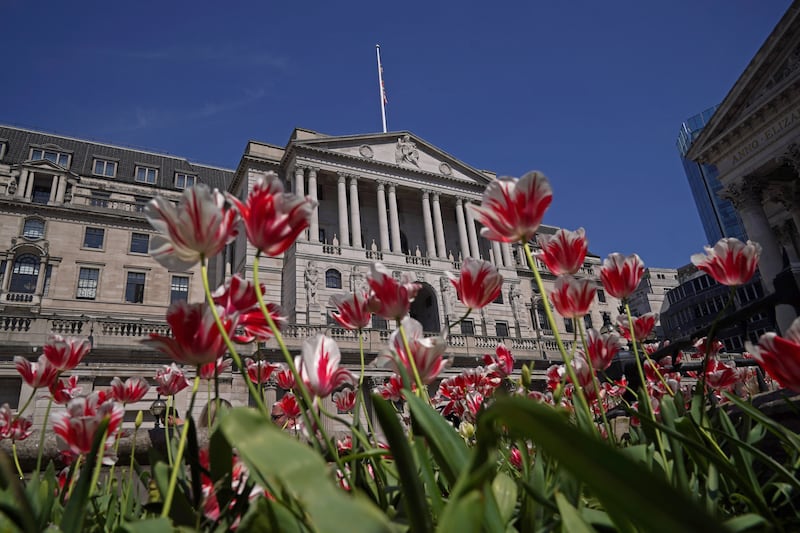Announcing a 13th rise in interest rates in the last 18 months, Bank of England governor Andrew Bailey said he "understands the difficulty and the pain that causes for many people".
For the many families now struggling to find the extra cash to meet sharply increased mortgage payments, that pain is all to real.
The bank hiked the base rate on Thursday from 4.5 per cent to 5 per cent – twice as much as expected and the highest since the 2008 financial crisis.
The biggest impact will be felt by mortgage holders on variable rates or coming to the end of fixed term deals. The average two-year fixed mortgage now charges more than 6 per cent – double the rate just a year ago.
That means many households having to find hundreds of pounds more each month to keep up with repayments, at a time when soaring inflation has squeezed budgets harder than ever.
The need to tackle stubbornly high inflation lies behind the repeated rates rises – a crude attempt to dampen spending by targeting whatever disposable income families have left.
However, while many countries face similar pressures, inflation is worse in the UK and has exposed deep problems in an economy strangled by the catastrophic decision to turn its back on its biggest trading partner.
Prime Minister Rishi Sunak's assurance on Thursday that he is "totally 100 per cent on it" will have completely failed to inspire confidence that relief is on the way.
Chancellor Jeremy Hunt yesterday agreed some measures aimed at helping householders struggling with the shock of big increases in monthly mortgage payments.
After meeting with banks and building societies, he said they agreed to a 12-month moratorium on repossessions and flexibility to extend mortgage terms or move to interest-only plans.
That may provide some reassurance to those with real fears of being unable to meet payments and losing their homes.
The key will be to ensure that lenders are proactive in helping customers prepare for changes and set up dedicated teams to advise on options available.
On the flip side, they must also fully pass on interest rates rises to savers, an act that would be anti-inflationary in itself.
It is now time for banks who benefited from huge bailouts during the last housing crisis to repay that public debt and ensure their customers can navigate the difficult months ahead.







